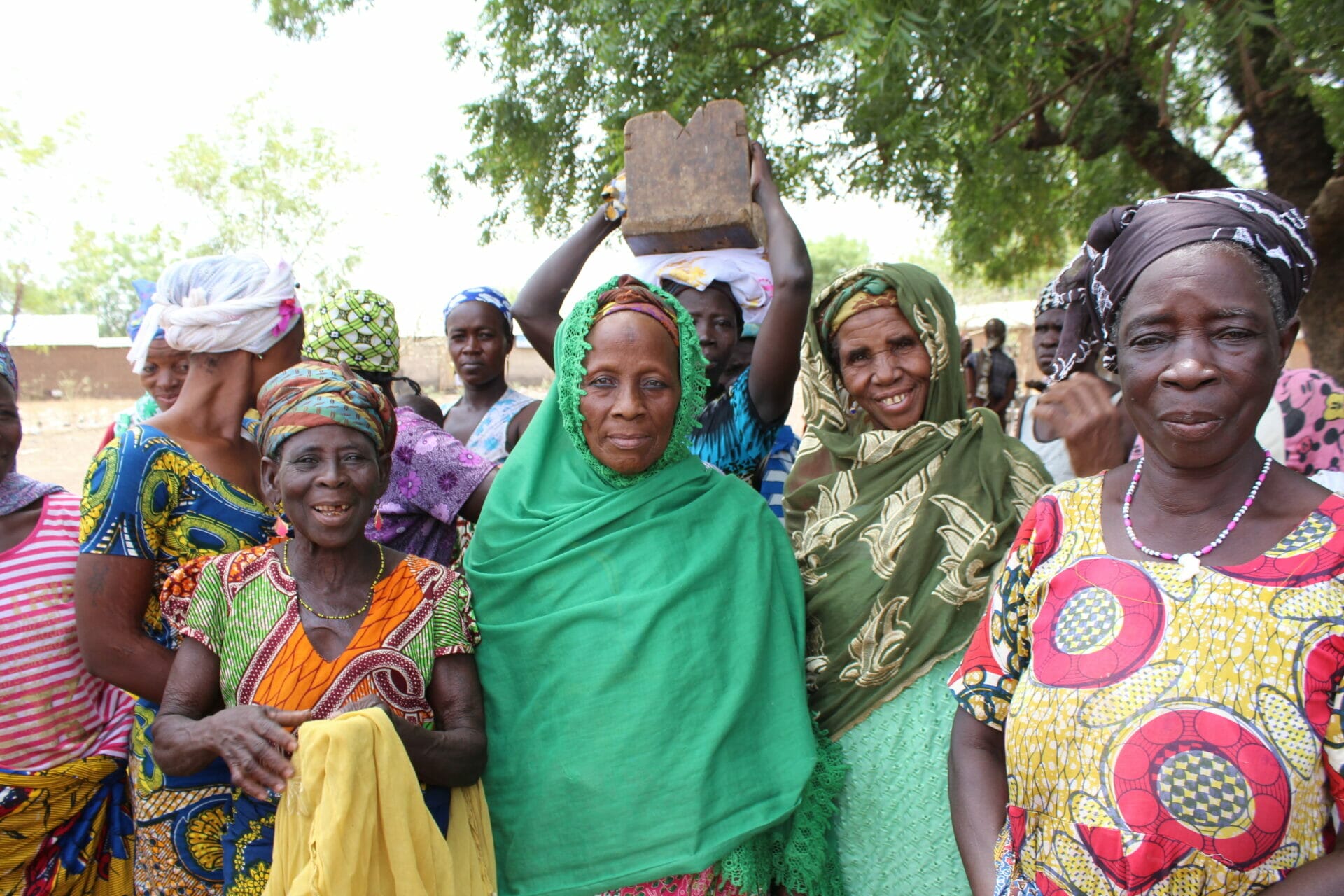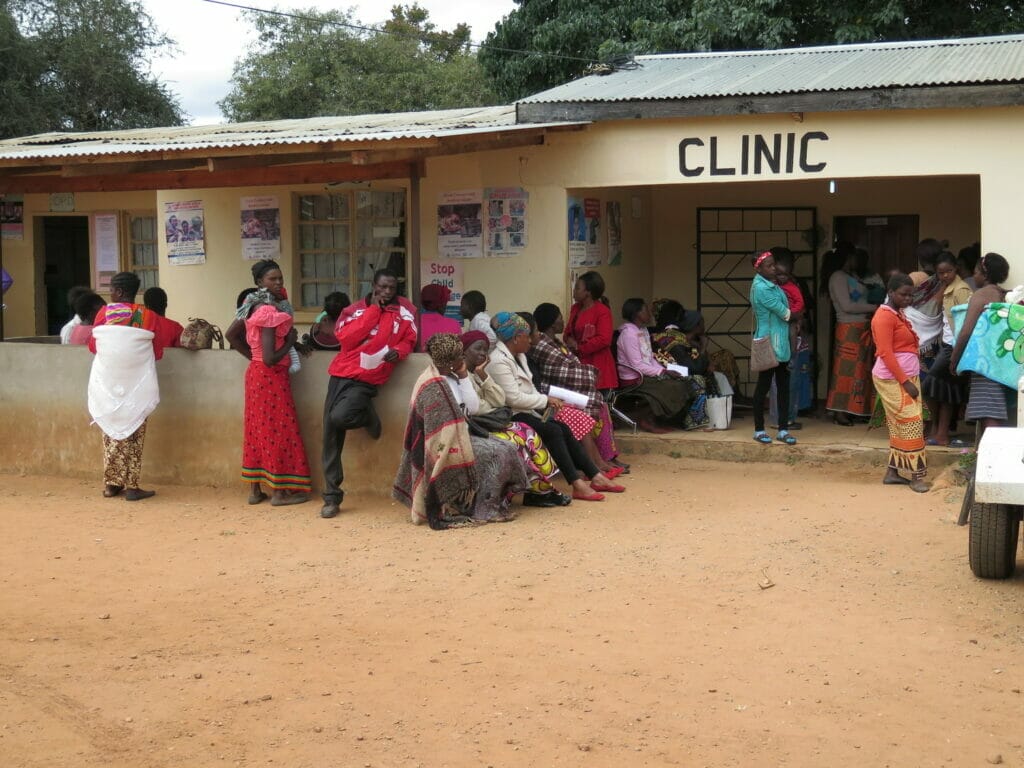News > Blog
Together for our African Girls and Young Women
Published 03/09/2022 by Global Communities


In Sub-Saharan Africa, the concept of gender equality remains abstract and farfetched. In this day and age, there are still girls and young women who lack access to primary and secondary school due to social, cultural, religious or political reasons; who are not yet reached with comprehensive information on their sexual and reproductive health; who are on the brink of despair due to mental health challenges and trauma; who stare at all forms of violence daily; who die as a result of AIDS-related causes; who face stigma and discrimination; who experience motherhood in childhood; who are in sex work as a primary mode of income generation; who lack confidence skills and remain fearful of venturing into leadership positions; who are excluded from economic opportunities; who are lost, off-track, invisible and completely silent; and who get infected with HIV and other sexually transmitted infections and many others.
It is no wonder that despite substantial declines in the number of new HIV infections in general populations, the epidemic among females aged 15–24 in sub-Saharan African countries remains uncontrolled, with 5,000 young women in that age group becoming infected weekly and six in seven new infections occurring among 15–19-year-old teens, according to UNAIDS’s HIV Global HIV & AIDS statistics Fact Sheet. HIV prevalence for female youth aged 15–24 is consistently higher than their male counterparts with Adolescent Girls and Young Women (AGYW) up to 14 times more likely to become HIV-infected than their male counterparts in Malawi, Zambia and Zimbabwe, according to a 2017 UNAIDS report.
Gender equality is a right and sits cardinal in securing futures of adolescent girls and young women. Fulfilling this right is the best chance we have at keeping girls and women safe, free from HIV infections and meeting their social and life goals. That is why over the last few years, Global Communities remains on the frontline centering adolescent girls and young women aged 10-24 years in Botswana, Zambia, Rwanda and Kenya in the quest to prevent new HIV infections. Collaborating with national and regional governments, local civil society organizations (CSOs), private and faith-based sectors, Global Communities has reached approximately 60,570 AGYW aged 10-24 years in Sub-Saharan Africa with a comprehensive package of interventions combining evidence-based approaches that go beyond the health sector to sustainably and directly address structural drivers and biases that increase the risk of HIV.
In many societies, public spaces are occupied mainly by men, and places to meet are limited for women and girls. We recognize this at Global Communities, and to offset this, we implement the Safe Space model for social asset building, delivery of key comprehensive HIV prevention information and mentorship with a view to empower adolescent girls and young women. This approach helps to reduce their risk, strengthen their families, mobilize communities for change and reduce the risk of men who are likely to be sex partners of AGYW.
As we celebrate this year’s International Women’s Day, we reflect on our collective action to keep girls and young women safe and mentored and to empower them to occupy the frontline positions in preparing for and securing their own futures.

Written by: Betty Adera, Senior Technical Advisor for HIV/AIDS and Health





